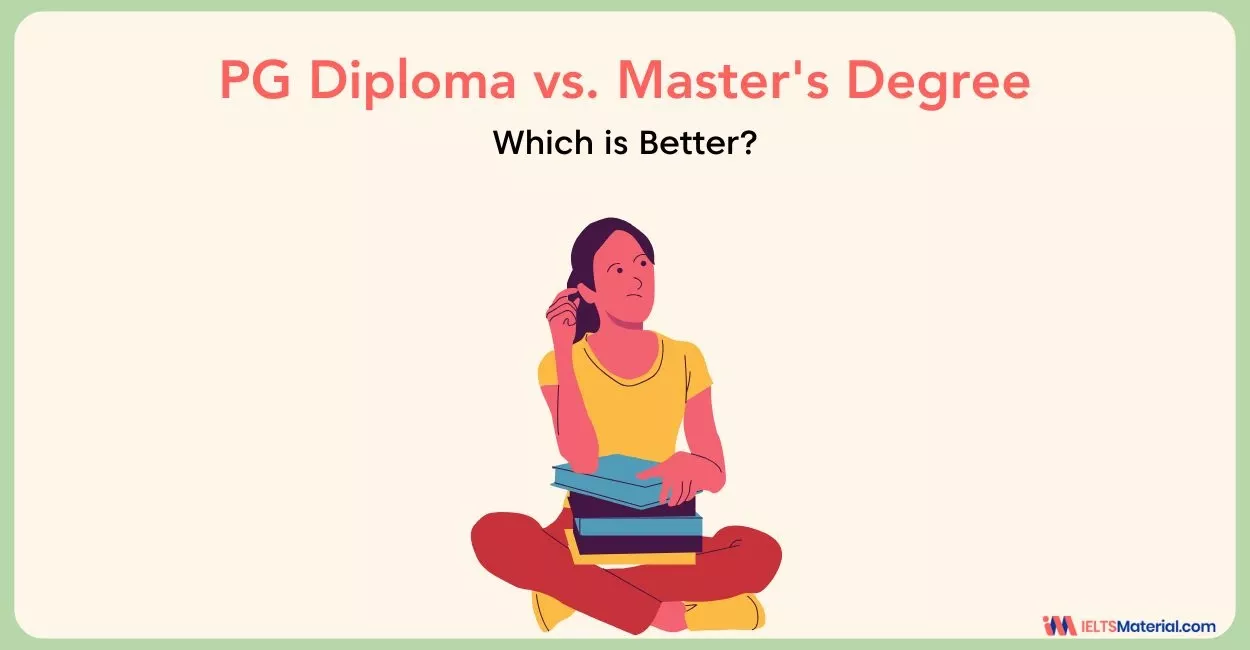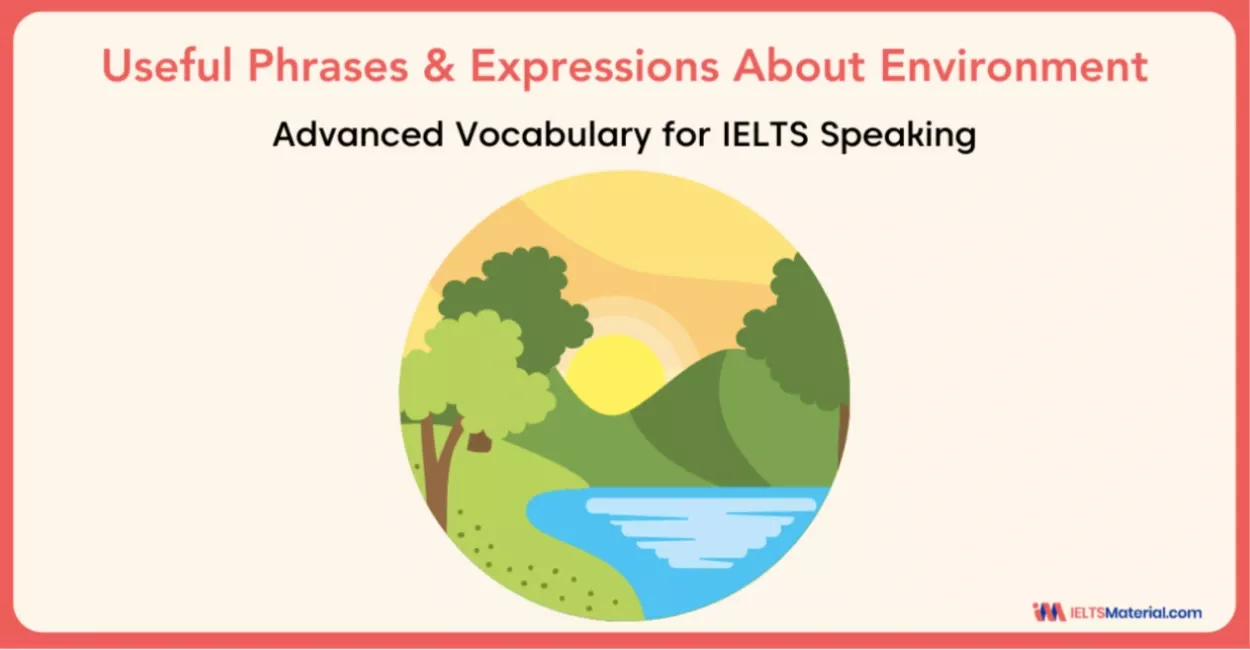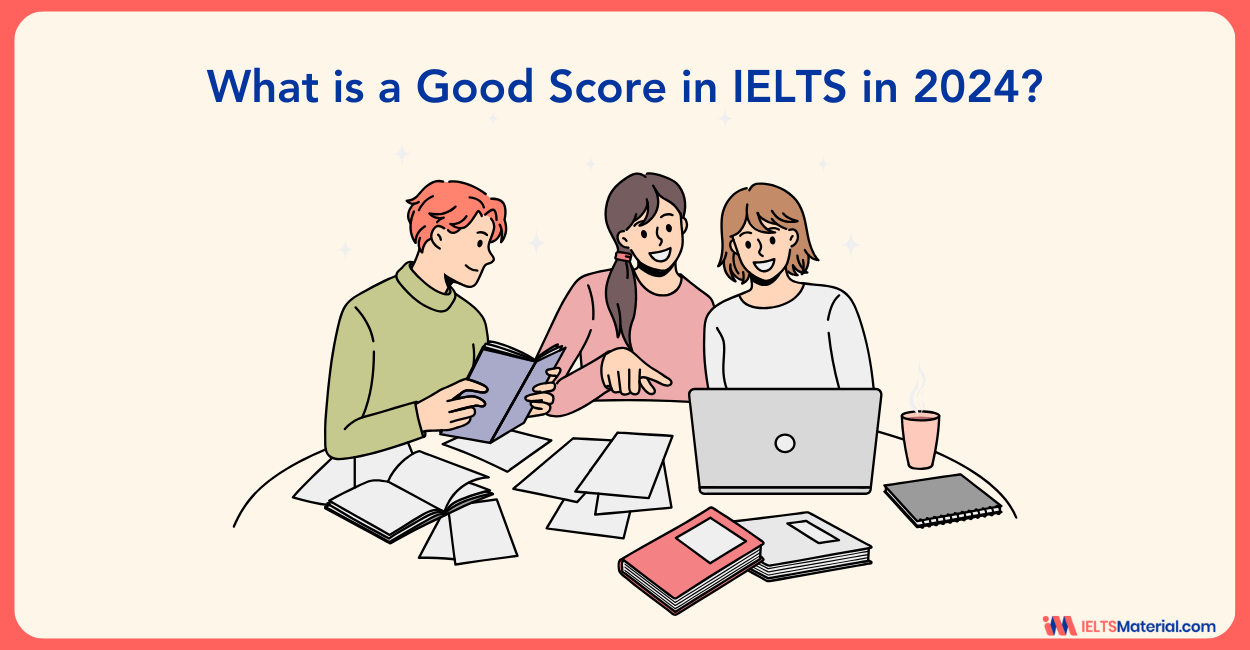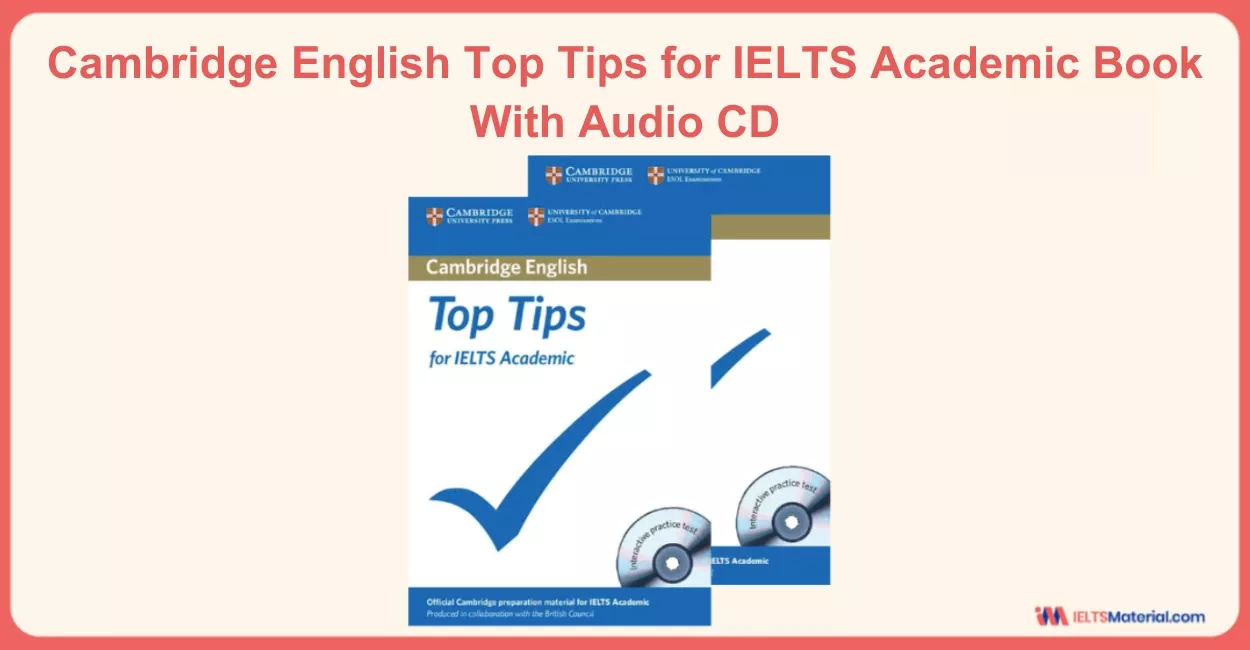What is a Good Score in IELTS?
Wondering what makes a good IELTS score? Whether for university, jobs, or migration, find out what band score meets your goals. Learn practical tips to succeed now!
Table of Contents

Limited-Time Offer : Access a FREE 10-Day IELTS Study Plan!
The International English Language Testing System (IELTS) is a standardized test designed to assess the English language proficiency of non-native speakers. A “good” IELTS Band score depends entirely on your personal goals, whether for education, employment, or migration. Let’s dive deeper into what constitutes a good score in IELTS and how you can achieve it.
Why Does Your IELTS Score Matter?
Your IELTS score is your gateway to numerous opportunities, including:
- University Admissions: English-speaking universities set specific IELTS band score requirements.
- Job Opportunities: Employers often use IELTS scores to evaluate communication skills.
- Migration: Immigration authorities in countries like Canada, Australia, and the UK require minimum scores for visas.
Confused about how IELTS scoring works? Learn everything you need to know—watch the complete guide!
IELTS Band Scores Explained
IELTS scores range from 0 to 9, with each band representing a specific level of English proficiency. Here is a breakdown of the band descriptors:
|
Band Score |
Description |
|
9 |
Native-like ability to use the language |
|
8 |
Excellent proficiency with very few mistakes |
|
7 |
Very good command with occasional errors |
|
6 |
Good ability with some inaccuracies |
|
5 |
Adequate ability with noticeable errors |
|
4 |
Limited proficiency with frequent mistakes |
|
3 |
Extremely basic communication ability |
|
2 |
Minimal ability to use the language |
|
1 |
No practical ability beyond isolated words |
|
0 |
Did not attempt the test |
Want expert advice for your IELTS Listening test? Join our expert-led IELTS Listening workshops today! Book a FREE Demo!
What is a Good IELTS Score for Different Purposes?
The definition of a “good score” varies depending on your goals. Let’s explore common scenarios:
1. University Admissions
Most universities require a minimum overall band score between 6.0 and 7.5, depending on the program. For example:
- 6.5: Sufficient for undergraduate programs at many institutions.
- 7.0+: Necessary for competitive postgraduate programs, especially in fields like medicine or law.
2. Employment
Employers often seek candidates with strong communication skills. Here are typical requirements:
- 6.0 - 6.5: Suitable for customer service, retail, or administrative roles.
- 7.0 - 8.0: Essential for high-level positions in industries like engineering or healthcare.
3. Immigration
Countries like Canada and Australia use the IELTS General Training test for visa applications. Required scores vary:
- Canada: A CLB 7 (equivalent to 6.0 in IELTS) is often the minimum for Express Entry.
- Australia: A score of 6.0 or higher is commonly needed for skilled migration visas.
Is 6.5 a Good Score in IELTS?
A band score of 6.5 is generally considered good for many purposes:
- Study: Eligible for numerous undergraduate programs.
- Work: Suitable for entry-level or mid-tier positions.
- Immigration: Often meets the threshold for permanent residency in countries like Canada.
Is 7.5 a Good Score in IELTS?
Achieving a 7.5 band score demonstrates a high level of English proficiency. Key benefits include:
- Study: Opens doors to top-tier universities worldwide.
- Work: Qualifies you for roles requiring excellent communication skills.
- Immigration: Meets or exceeds requirements for competitive visa applications.
Comparison: Band 6.5 vs. Band 7.5
|
Aspect |
6.5 Band |
7.5 Band |
|
Fluency |
Good fluency with occasional hesitations |
Very fluent with minimal effort required |
|
Vocabulary |
Sufficient for most contexts |
Advanced with idiomatic expressions |
|
Grammar |
Some errors, but ideas are clear |
Excellent control with rare mistakes |
|
Applications |
Many universities and jobs |
Top universities and competitive fields |
How to Achieve a Good IELTS Score?
Improving your IELTS score requires strategic preparation. Follow these tips to succeed:
1. Start Early
Begin your preparation at least 2-3 months before the test. This allows you to cover all four sections: Listening, Reading, Writing, and Speaking.
2. Take Practice Tests
Simulated IELTS practice tests can help you identify your strengths and weaknesses. Focus on improving areas where you struggle.
3. Enroll in an IELTS Course
Join an IELTS preparation class or online course. Expert guidance can help you refine your skills and boost your confidence.
4. Expand Your Vocabulary
Learn topic-specific vocabulary for common IELTS themes such as education, technology, and the environment. Use tools like flashcards to memorize new words.
5. Focus on Time Management
Each section of the IELTS has strict time limits. Practice completing tasks within the allotted time to improve your efficiency.
6. Get Feedback on Writing and Speaking
Seek constructive feedback from experienced instructors to improve your essays and speaking fluency.
7. Use Official Resources
Rely on official IELTS study materials and reputable guides for accurate practice.
Crack the IELTS test with ease! Book your FREE onlineclasses and learn from the best
Common Mistakes to Avoid
- Skipping Practice: Regular practice is crucial to build confidence and improve accuracy.
- Ignoring Weak Areas: Focus on sections where your score is low to achieve overall improvement.
- Not Understanding Band Descriptors: Familiarize yourself with the scoring criteria for Writing and Speaking.
A good IELTS score can open up a world of opportunities, from studying at top universities to securing a dream job or migrating abroad. Whether your goal is a 6.5 or a 7.5, consistent preparation and strategic practice are the keys to success.
Also check:
Explore IELTS related articles

Start Preparing for IELTS: Get Your 10-Day Study Plan Today!
Explore other IELTS Articles

Nehasri Ravishenbagam

Kasturika Samanta

Nehasri Ravishenbagam
Recent Articles

Nehasri Ravishenbagam

Nehasri Ravishenbagam

Haniya Yashfeen






Post your Comments